Iqbal Philosophy of Aims of Education:
(1) Development of Individuality- According to Dr Iqbal, the supreme purpose of education is the development of every person’s individuality or khudi as he called it. Dr Iqbal in his book “Secrets of the Self” states,
| “Everything strives for self-expression, Every atom is a candidate for perfection; Without a passion for growth life is death, The whole universe is busy in building itself; The power of individuality makes a grain of mustard into a mountain”. |
As individuality develops, the powers and capacities of man become sharpened and well defined. To quote Iqbal, his “unceasing reward consists in his gradual growth in self-possession, in uniqueness and intensity of activity as an ego. He quotes the Quranic verse, “Blessed is he who hath made it grow and undone is he who hath corrupted it”.
Education should bring out inner strength and richness. It should not teach imitation and mimicry. It has to give strength of conviction. Without strong beliefs, it is not possible to release the dynamic energy of man. Education can provide abiding values only through intellectual wisdom supplied by the depth of conviction. It has to refine and spiritualize lower forms of desire. It has to make man’s animal nature with its desires and appetites the foundation for nobler sentiments through refinement and sublimation.
(2) Development of Creativity- The second aim of education is the development of creativity. Education is to ignite the creative process of man. Iqbal wanted every child to be given the right and the opportunity for free expression and the development of creativity. He called man both creator and creative in the analogy of God.
(3) Social Development- Dr Iqbal stated that education should aim not only at the individual development and development of creativity but also the social development of the pupils, which implies that they must have an adjustment to the processes of the society.
(4) Development of Cultural Values- Education should aim at developing the cultural values among the pupils. It should enable the pupils to appreciate the cultural values of the community and to “adhere to the highest of its cultural values and traditions. Any form of education which ignores this fundamental task is utterly superficial and futile”.
(5) Development of Morality and Character- Fifthly, education should aim at the inculcation of morality and training of character. Morality was a must for Dr Iqbal. He wanted the moral code, which “arises out of a willing co-operation of free-egos”. Fo him “goodness is not a matter of compulsion”. True morality results from choice, freedom and experiences acquired through social interaction and communication. Education should provide opportunities for social and moral experience.
(6) Building of Patriotism and Nationalism- Sixthly education should aim at developing patriotism and nationalism among the educands.
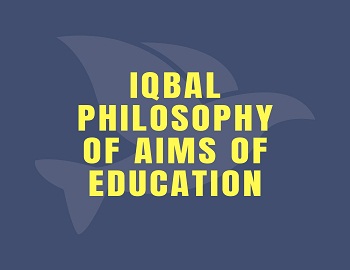
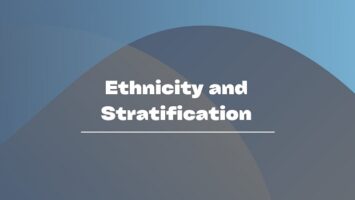

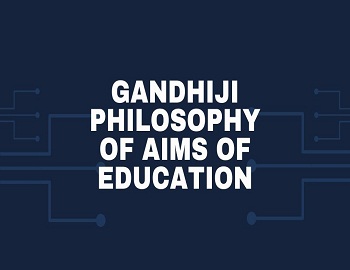
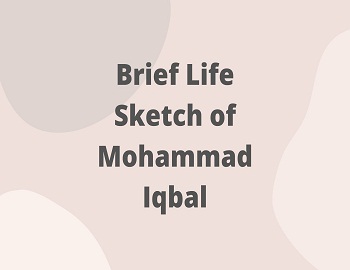


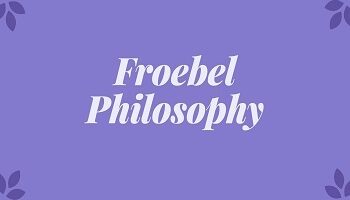

Comments (No)